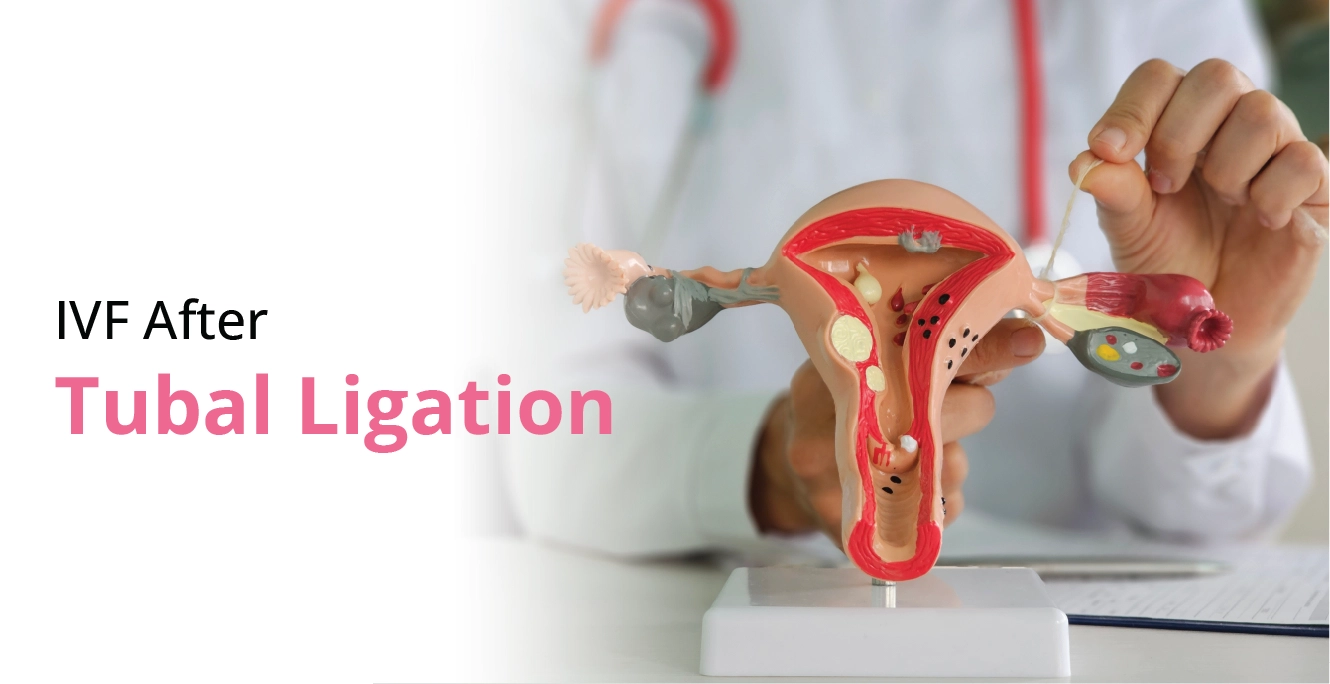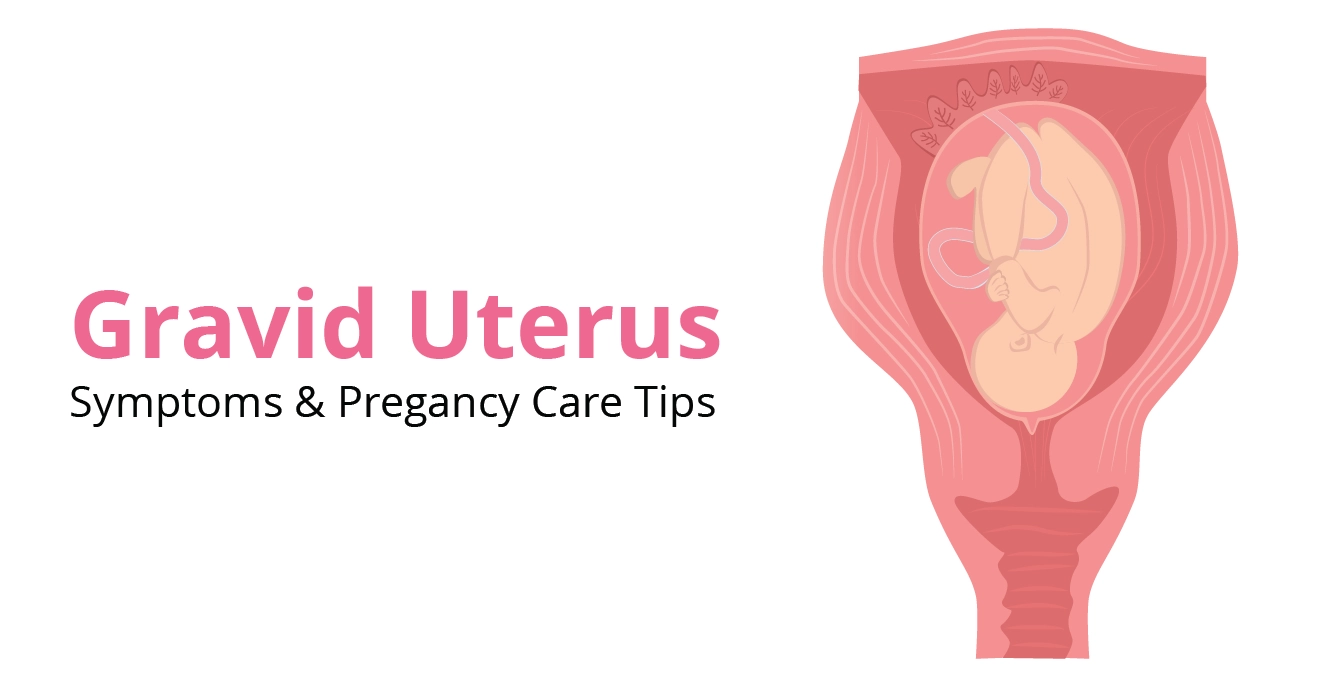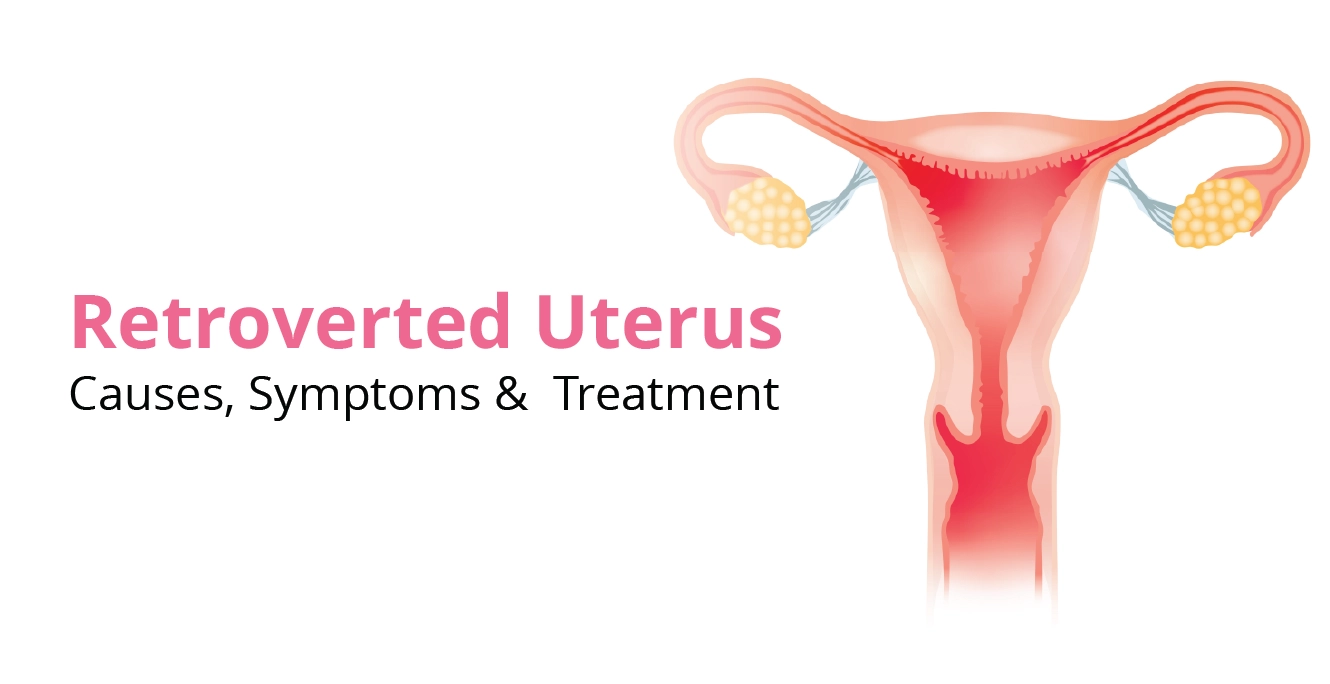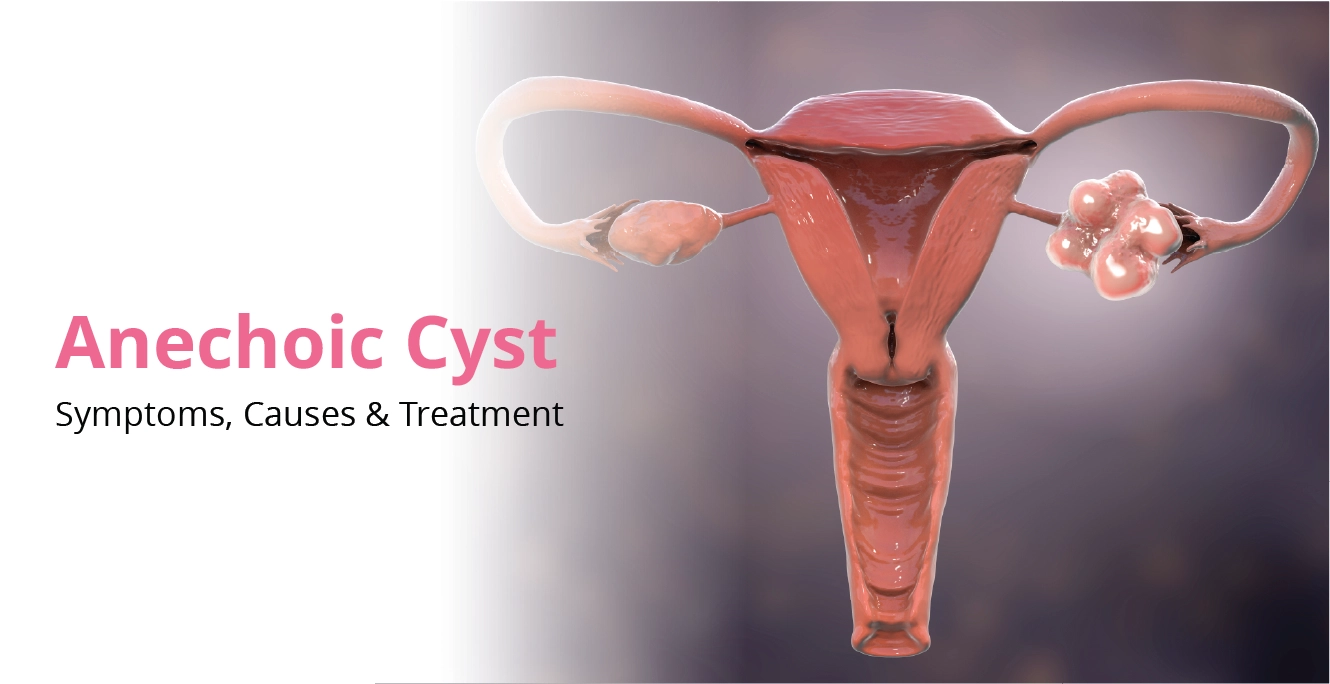Urology
Urology is a medical speciality that focuses on diagnosing and treating diseases and disorders of the urinary tract. At Birla Fertility & IVF Centre, we offer a comprehensive range of services dedicated to reproductive health and fertility preservation.
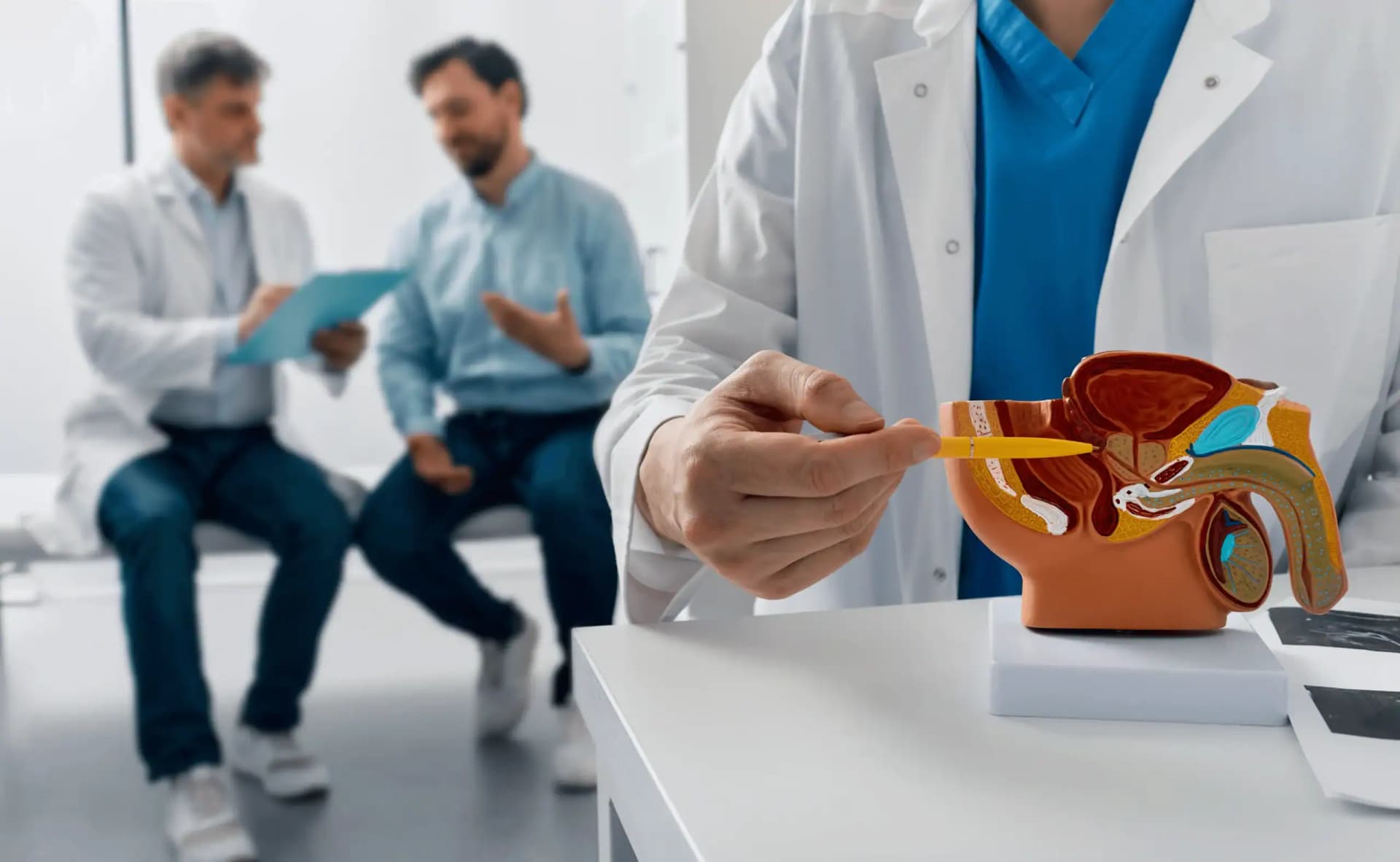
What is Urology?
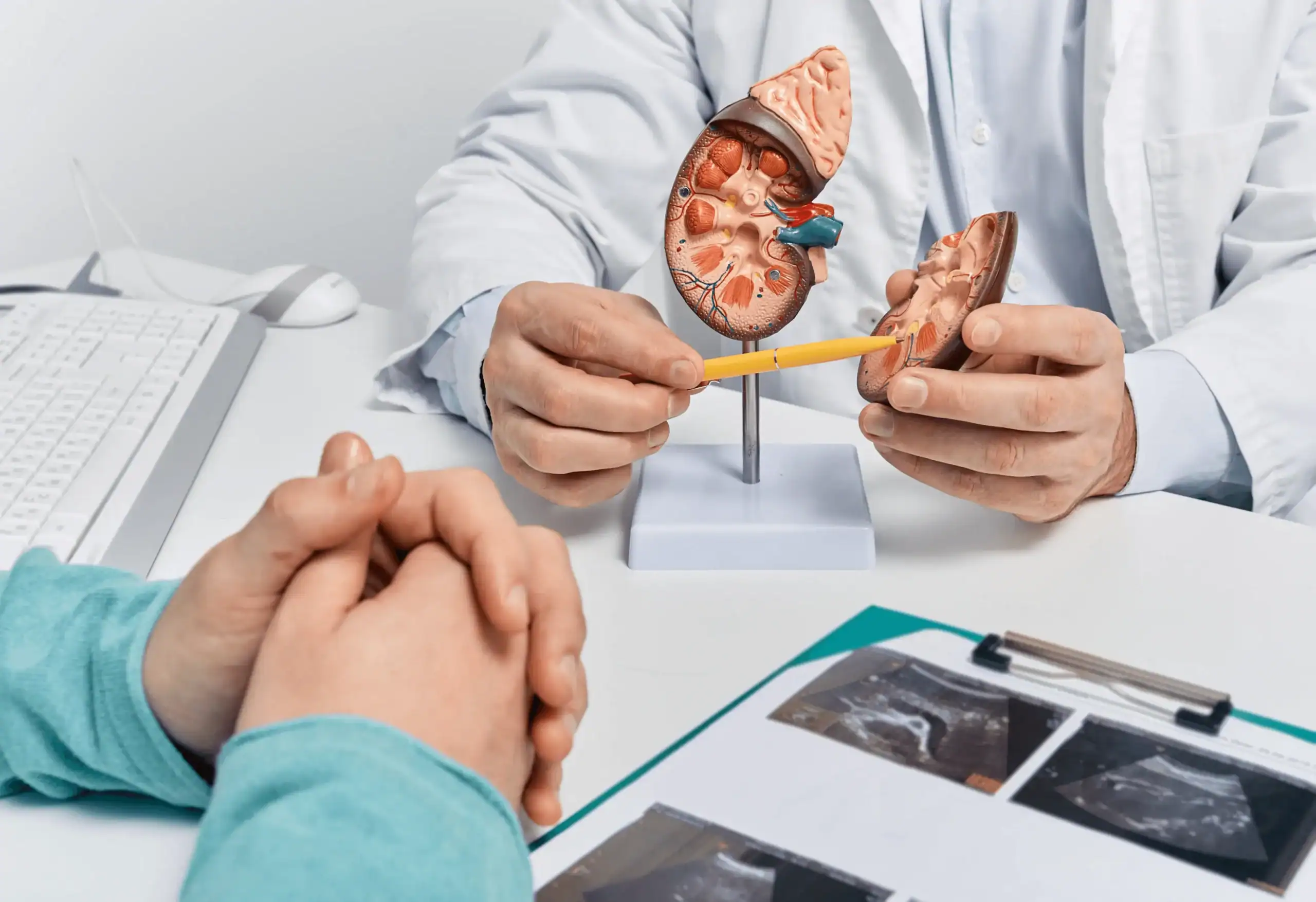
Urology deals with the urinary tract and male reproductive organs. It covers conditions affecting both men and women, including diseases of the kidneys, ureters, bladder, urethra, prostate, and testes.
-
Importance of Urology: Urologists diagnose and treat male infertility issues such as low or zero sperm count and erectile dysfunction. They work with oncologists and fertility specialists to care for male cancer patients needing fertility preservation.
-
Benefits and Outcomes: Surgical sperm retrieval techniques like TESE and TESA have high success rates. Testicular tissue cryopreservation is available for pre-pubertal boys undergoing cancer treatment.
-
Essential Urological Services: Urological expertise improves male fertility and enhances the chances of conception.
Why is Urology Important?
Urology is an essential medical speciality. It focuses on diagnosing, treating, and managing disorders related to the urinary tract and male reproductive system. Here are three key points highlighting the importance of urology:
-
Comprehensive management of urological conditions: Urology addresses a wide range of health issues. These include kidney stones, urinary tract infections, prostate disorders, and cancers of the urinary system.
-
Expertise in male infertility: Urologists play a crucial role in diagnosing and treating male infertility issues. This includes conditions like low or zero sperm count and erectile dysfunction.
-
Collaboration with other specialities: Urology often involves collaboration with other medical specialities, such as oncology and reproductive medicine, to provide holistic care for patients.

What Conditions do Urologists Treat?
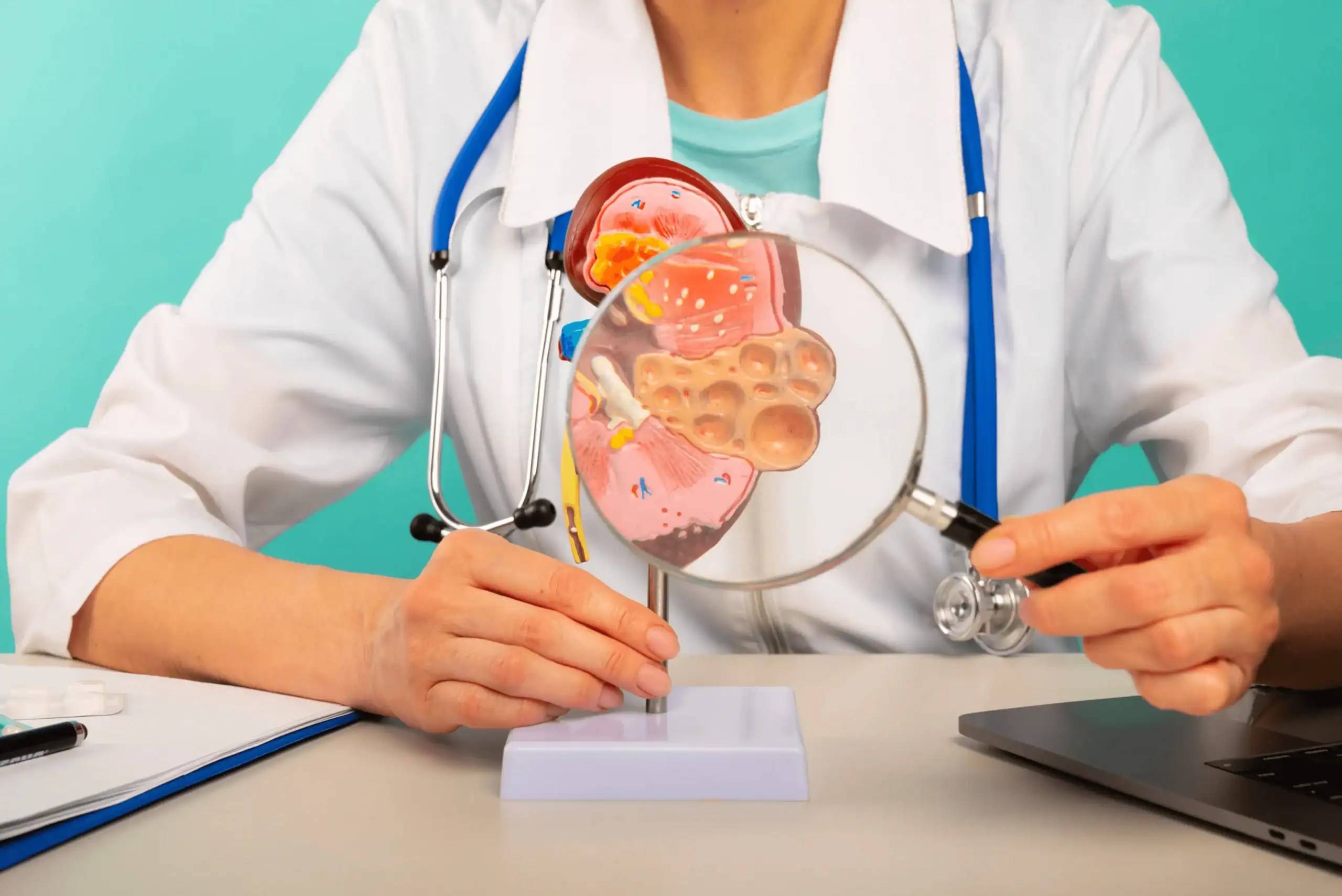
Urologists treat conditions of the urinary tract in both men and women and the male reproductive system. Some of the key conditions they treat include:
-
Urinary Tract Conditions
-
Urinary tract infections (UTIs): Bacterial infections that can occur anywhere in the urinary tract.
-
Urinary incontinence: Involuntary leakage of urine, which can be caused by various factors.
-
Bladder stones and kidney stones: Masses of minerals that develop in the bladder and kidneys due to high concentrations of urine crystallising.
-
Pelvic organ prolapse: A condition where the muscles and tissues that support the rectum, uterus and bladder become weak.
-
-
Male-Specific Conditions
-
Enlarged prostate (benign prostatic hyperplasia or BPH): It is a common condition in ageing men that causes frequent or urgent urination and other urinary difficulties.
-
Prostatitis: A painful swelling of the prostate gland, sometimes caused by a bacterial infection and sometimes having other causes.
-
Male infertility: Urologists can help evaluate and treat causes of male infertility.
-
-
Female-Specific Conditions
-
Bladder prolapse or fallen bladder: This occurs when the bladder pushes into the vagina. It often results from weakened tissues between the bladder and vagina, commonly due to childbirth or heavy lifting.
-
Treatments may include surgical interventions, medications, or assisted reproductive techniques like sperm retrieval (TESA/TESE/micro TESE/PESA) for IVF/ICSI.
Why Choose Us
Choosing the right fertility clinic is crucial for starting your family. At Birla Fertility & IVF, we offer personalised care with expert specialists guiding you every step of the way. Our advanced labs and outstanding success rates have helped over 2,30,000 patients achieve their dream of parenthood.
What to Expect During Your Visit to a Urologist?
Frequently Asked Questions
Recent Blogs
Book an appointment
Hassle-Free Appointment Booking
Select Preferences
I know my doctor
Male Infertility Treatment in Different Cities
- Male Infertility Treatment in Jalandhar
- Male Infertility Treatment in Perinthalmanna
- Male Infertility Treatment in Thrissur
- Male Infertility Treatment in Palakkad
- Male Infertility Treatment in Kannur
- Male Infertility Treatment in Kozhikode
- Male Infertility Treatment in Ranchi
- Male Infertility Treatment in Patna
- Male Infertility Treatment in Varanasi
- Male Infertility Treatment in Gorakhpur
- Male Infertility Treatment in Meerut
- Male Infertility Treatment in Prayagraj
- Male Infertility Treatment in Kolar
- Male Infertility Treatment in Salem
- Male Infertility Treatment in Vijayapura
- Male Infertility Treatment in Nagpur
- Male Infertility Treatment in Raipur
- Male Infertility Treatment in Rewari
- Male Infertility Treatment in Jaipur
- Male Infertility Treatment in Guwahati
- Male Infertility Treatment in Siliguri
- Male Infertility Treatment in Howrah
- Male Infertility Treatment in Indore
- Male Infertility Treatment in Bhopal
- Male Infertility Treatment in Bhubaneswar
- Male Infertility Treatment in Cuttack
- Male Infertility Treatment in Surat
- Male Infertility Treatment in Ahmedabad
- Male Infertility Treatment in Mangalore
- Male Infertility Treatment in Chandigarh
- Male Infertility Treatment in Hyderabad
- Male Infertility Treatment in Lucknow
- Male Infertility Treatment in Bangalore
- Male Infertility Treatment in Chennai
- Male Infertility Treatment in Mumbai
- Male Infertility Treatment in Kolkata
- Male Infertility Treatment in Noida
- Male Infertility Treatment in Gurgaon
- Male Infertility Treatment in Delhi
Male Infertility Doctors in Different Cities
- Male Infertility Specialists in Jalandhar
- Male Infertility Specialists in India
- Male Infertility Specialists in Perinthalmanna
- Male Infertility Specialists in Thrissur
- Male Infertility Specialists in Palakkad
- Male Infertility Specialists in Kannur
- Male Infertility Specialists in Kozhikode
- Male Infertility Specialists in Ranchi
- Male Infertility Specialists in Patna
- Male Infertility Specialists in Varanasi
- Male Infertility Specialists in Gorakhpur
- Male Infertility Specialists in Meerut
- Male Infertility Specialists in Allahabad
- Male Infertility Specialists in Kolar
- Male Infertility Specialists in Salem
- Male Infertility Specialists in Vijayapura
- Male Infertility Specialists in Nagpur
- Male Infertility Specialists in Raipur
- Male Infertility Specialists in Rewari
- Male Infertility Specialists in Jaipur
- Male Infertility Specialists in Guwahati
- Male Infertility Specialists in Siliguri
- Male Infertility Specialists in Howrah
- Male Infertility Specialists in Indore
- Male Infertility Specialists in Bhopal
- Male Infertility Specialists in Bhubaneswar
- Male Infertility Specialists in Cuttack
- Male Infertility Specialists in Surat
- Male Infertility Specialists in Ahmedabad
- Male Infertility Specialists in Mangalore
- Male Infertility Specialists in Chandigarh
- Male Infertility Specialists in Hyderabad
- Male Infertility Specialists in Lucknow
- Male Infertility Specialists in Bangalore
- Male Infertility Specialists in Chennai
- Male Infertility Specialists in Mumbai
- Male Infertility Specialists in Kolkata
- Male Infertility Specialists in Noida
- Male Infertility Specialists in Gurgaon
- Male Infertility Specialists in Delhi

 Our Centers
Our Centers



















